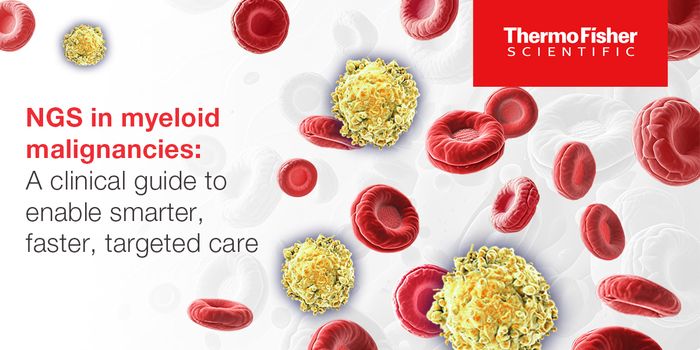Toxoplasma Infections Can Cause Epigenetic Changes in Males
It's been estimated that anywhere from 25 to 80 percent of the world's population is infected with a parasite called Toxoplasma gondii. Most of the time, the illness caused by the parasitic infection is mild, but it can cause more serious problems in people with weak immune systems, infants, and pregnant women. Researchers have now found that the parasite can cause epigenetic changes in male mice that affects gene expression in their offspring. There were alterations in the brain function and behavior of pups born to male mice infected with Toxoplasma gondii (compared to pups born to uninfected male mice).
Gene expression has to be carefully controlled by cells, and there are a variety of ways that genes are regulated. One of those ways is epigenetic tags - chemical groups that modify the genome. Toxoplasma infections caused epigenetic changes in the sperm of male mice. There is evidence that shows that these types of epigenetic changes in sperm are passed down to offspring.
Study co-author and Associate Professor Chris Tonkin noted that people can be infected with the parasite for decades, which has been associated with symptoms of mental illness. "Toxoplasma infections have been shown to cause long-term epigenetic changes in a range of cells around our body. These are changes that do not alter the genetic sequence of DNA, but influence gene expression - that is, which genes are switched on or off," he said. "As other epigenetic changes in fathers - such as those caused by trauma or smoking - can influence their children, we decided to look at whether the effects of epigenetic changes caused by Toxoplasma infection could also be passed between generations."
The mouse model used in this study showed that these epigenetic changes were having an impact. "We discovered that Toxoplasma infection alters levels of DNA-like molecules, called small RNA, that are carried by sperm," explained Walter and Eliza Hall Institute researcher Dr. Shiraz Tyebji. "These changes in small RNA levels affect gene expression, and so could potentially influence brain development and behavior of offspring. We were stunned to see that even the next generation - the 'grandchildren' of the original infected male - displayed changes in their behavior."
This work is the first to show that an infection can cause heritable epigenetic changes, but has to be confirmed in people, noted study co-author Professor Anthony Hannan at the Florey Institute of Neuroscience and Mental Health. "While our studies were in mice, it raises an important question about whether infections in human fathers before conception also impact their children," he said.
"We normally think more about how infectious diseases in women affect the developing fetus, but perhaps certain infections in men could have long-term impacts on subsequent generations' health. This is certainly something we are following up, both looking at what is happening in humans, as well as investigating infections other than Toxoplasma, including animal models of infection with the SARS-CoV-2 virus which causes COVID-19."
Sources: AAAS/Eurekalert! via Walter and Eliza Hall Institute, Cell Reports










